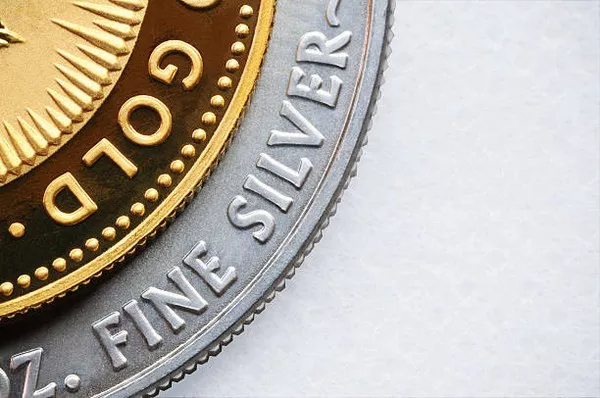Investing in precious metals, such as silver, has been a longstanding strategy for individuals seeking to diversify their portfolios and hedge against economic uncertainties. When it comes to silver, investors often find themselves debating between purchasing silver coins or bars. Both options offer unique advantages and drawbacks, and the decision ultimately depends on individual preferences, investment goals, and market conditions. In this article, we will delve into the pros and cons of buying silver coins and bars, helping investors make informed decisions in their pursuit of financial stability.
The Appeal of Silver Coins
1. Liquidity and Recognizability:
One of the primary advantages of investing in silver coins is their widespread recognition and liquidity. Coins such as the American Silver Eagle, Canadian Silver Maple Leaf, and Austrian Silver Philharmonic are easily recognizable in the global market. This recognizability enhances liquidity, allowing investors to easily buy or sell their silver coins with minimal effort.
2. Collectibility and Numismatic Value:
Silver coins often have a higher level of collectibility and may carry numismatic value. Limited-edition coins, historical releases, or those featuring unique designs can become prized collectibles, potentially increasing their value beyond the silver content. Numismatic value, however, can be subjective and may not always guarantee a significant return on investment.
3. Legal Tender Status:
Many silver coins are issued as legal tender by government mints, meaning they have a face value recognized by the issuing country. While the face value is often much lower than the market value of the silver content, the legal tender status provides an additional layer of authenticity and government backing.
4. Smaller Denominations:
Silver coins are available in smaller denominations compared to bars, making them more accessible for investors with limited budgets. This allows for incremental investment and facilitates easier transactions, especially in a scenario where smaller amounts of silver need to be liquidated.
The Attraction of Silver Bars
1. Lower Premiums:
One of the main advantages of purchasing silver bars is the typically lower premium over the spot price of silver. Bars are produced in larger quantities, leading to reduced manufacturing costs per ounce. This cost efficiency often translates into a lower premium, allowing investors to acquire a higher quantity of silver for the same amount of money compared to coins.
2. Compact Storage:
Silver bars are known for their compact and stackable nature, making storage more efficient. Investors who prioritize storage convenience may find bars to be a practical choice, especially for those with limited storage space.
3. Purity and Weight:
Silver bars often come in higher purity levels than coins. While coins may have additional metals for durability, bars typically boast a higher silver content. Additionally, bars are available in various weights, catering to both small and large-scale investors.
4. Simplicity and Uniformity:
Silver bars are straightforward and uniform in appearance, usually featuring minimalistic designs and engravings. This simplicity appeals to investors who prioritize the intrinsic value of the metal over aesthetic considerations. Bars are valued for their purity and weight, with less emphasis on visual appeal.
Considerations for Both
1. Market Premiums:
The premiums associated with silver coins and bars can fluctuate based on market conditions, demand, and the specific product. Before making a purchase, investors should compare premiums to ensure they are getting the best value for their money.
2. Tax Implications:
Tax regulations may vary depending on the form of silver investment. In some jurisdictions, certain silver coins may be exempt from sales tax due to their legal tender status. Investors should research and understand the tax implications associated with both coins and bars in their respective locations.
3. Storage and Security:
Regardless of whether an investor chooses silver coins or bars, proper storage and security are paramount. Considerations such as safe deposit boxes, home safes, or third-party storage options should be evaluated based on individual preferences and circumstances.
See Also How to Buy Gold at Spot Price?A Guide to Smart Investing
Conclusion
In the debate between silver coins and bars, there is no one-size-fits-all answer. Both options present unique advantages and drawbacks, and the decision ultimately hinges on individual preferences, investment goals, and market conditions. Investors should carefully assess factors such as liquidity, collectibility, premiums, and storage considerations before making a choice. Ultimately, a well-rounded portfolio may include a combination of both silver coins and bars, allowing investors to leverage the strengths of each option and build a resilient foundation for their financial future.


